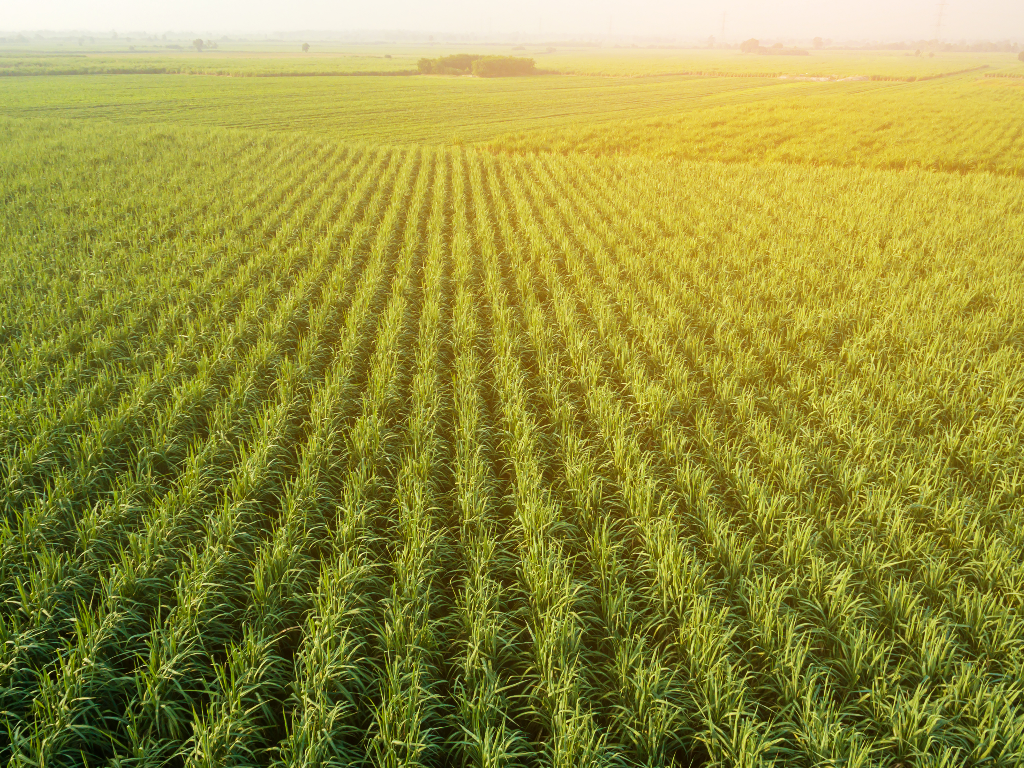Source: The Star
Author: Hilton Otenyo
Context and Background: The Kenyan government has announced plans to distribute significant bonuses to sugarcane farmers, starting at the end of this year. This move comes as part of broader industry reforms aimed at revitalizing the sugar sector, ensuring fair compensation for farmers, and promoting sustainable practices.
The announcement, which has been positively received by farmers and industry stakeholders, is seen as a proactive step by the government to address long-standing grievances within the sugar industry, which has been plagued by issues such as delayed payments, low cane prices, and mismanagement.
Details of the Bonus Distribution: According to the report, sugarcane farmers are set to receive substantial bonuses based on their deliveries to various millers over the past year. The bonuses, calculated per tonne of sugarcane delivered, are intended to boost farmers' income and compensate for the challenges they have faced due to fluctuating market prices and increased production costs. The exact amount of the bonuses has not been disclosed, but they are expected to be "hefty," providing much-needed financial relief to the farmers.
This initiative is part of a series of reforms aimed at improving the profitability and sustainability of sugarcane farming in Kenya. The government, through the Sugar Directorate and other relevant bodies, has been working on restructuring the industry to enhance efficiency, transparency, and accountability. The bonus payments are seen as an integral part of these efforts, designed to incentivize farmers and ensure they receive a fair share of the value generated from their produce.
Farmers' Reaction: The announcement of the bonus payments has been met with optimism among sugarcane farmers, who have long called for better compensation and more support from the government. The bonuses are viewed as a welcome relief, especially following a challenging period marked by price cuts and increased production costs. Many farmers see the move as a positive step towards addressing their financial difficulties and improving the overall viability of sugarcane farming.
However, there is also a sense of cautious optimism. Some farmers and industry observers have expressed concerns about the implementation of the bonus payments and the transparency of the process. They are calling on the government to ensure that the distribution of bonuses is fair and that all eligible farmers receive their dues without delays or bureaucratic hurdles.
Government's Perspective: From the government’s perspective, the decision to award bonuses to sugarcane farmers is part of a broader strategy to reform the sugar industry and ensure its sustainability. By providing financial incentives, the government aims to encourage farmers to continue cultivating sugarcane, improve their practices, and enhance productivity. This initiative also aligns with the government's commitment to supporting the agricultural sector and promoting economic growth in rural areas.
The bonuses are intended not only to provide immediate financial relief but also to foster long-term stability in the sugar industry. By addressing some of the economic challenges faced by farmers, the government hopes to create a more resilient and competitive sector that can withstand market fluctuations and other external pressures.
Opinion: Will the government's decision to award hefty bonuses to sugarcane farmers be enough to address the underlying issues in the sugar industry, or is it just a short-term solution?
The government's decision to award hefty bonuses to sugarcane farmers is a commendable effort to address the immediate financial needs of farmers and acknowledge the challenges they have faced. These bonuses can provide significant relief to farmers who have been struggling with low prices, high production costs, and delayed payments. By putting more money into the pockets of farmers, the government is also sending a strong signal of its commitment to supporting the agricultural sector and fostering economic growth.
However, while the bonuses are a positive step, they are unlikely to be a comprehensive solution to the deep-seated issues within the sugar industry. The sector has long been troubled by structural problems such as inefficiency, lack of transparency, and poor management. To ensure the long-term sustainability of the industry, the government must continue with its broader reform agenda, focusing on improving governance, enhancing market access, and promoting sustainable farming practices.
Moreover, the success of the bonus scheme will depend on its implementation. Ensuring that all eligible farmers receive their bonuses promptly and fairly will be crucial for building trust and confidence in the government's reforms. Without transparency and accountability, there is a risk that the bonuses could become another source of frustration for farmers, rather than a meaningful support measure.
While the announcement of hefty bonuses for sugarcane farmers is a welcome development, it should be seen as part of a larger effort to overhaul the sugar industry. The government must remain vigilant in addressing the root causes of the sector's problems and continue to engage with all stakeholders to build a more resilient and prosperous sugar industry in Kenya.

